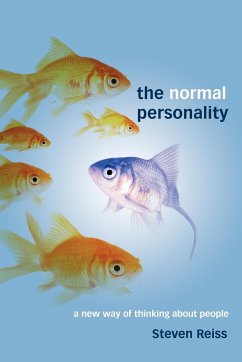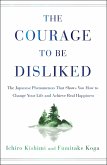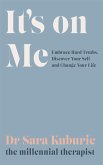In The Normal Personality, Steven Reiss argues that human beings are naturally intolerant of people who express values significantly different from their own. Reiss shows how normal motives underlie many personality and relationship problems. Reiss applies his theory of motivation to leadership, human development, relationships, and counselling.
Hinweis: Dieser Artikel kann nur an eine deutsche Lieferadresse ausgeliefert werden.
Hinweis: Dieser Artikel kann nur an eine deutsche Lieferadresse ausgeliefert werden.
'... In a time when children, and even household pets, swallow Prozac, Reiss revives a neglected diagnosis for worrywarts, wallflowers, daydreamers, pessimists, and eccentrics alike: normal. He broadens normality by outlining how abnormal behaviors can arise when life motives are obstructed or personal values contradicted. Reiss lists how various combinations of 16 basic desires lead to dilemmas that eventually bring people to counseling. He offers a way to manage personal problems, without cracking the medicine cabinet or the skeleton closet.' Science News








